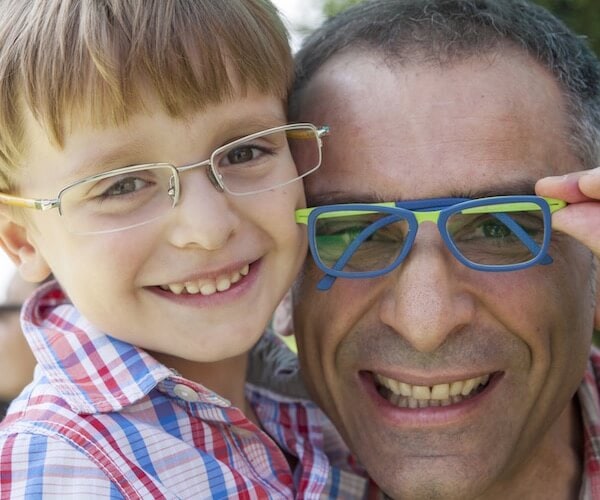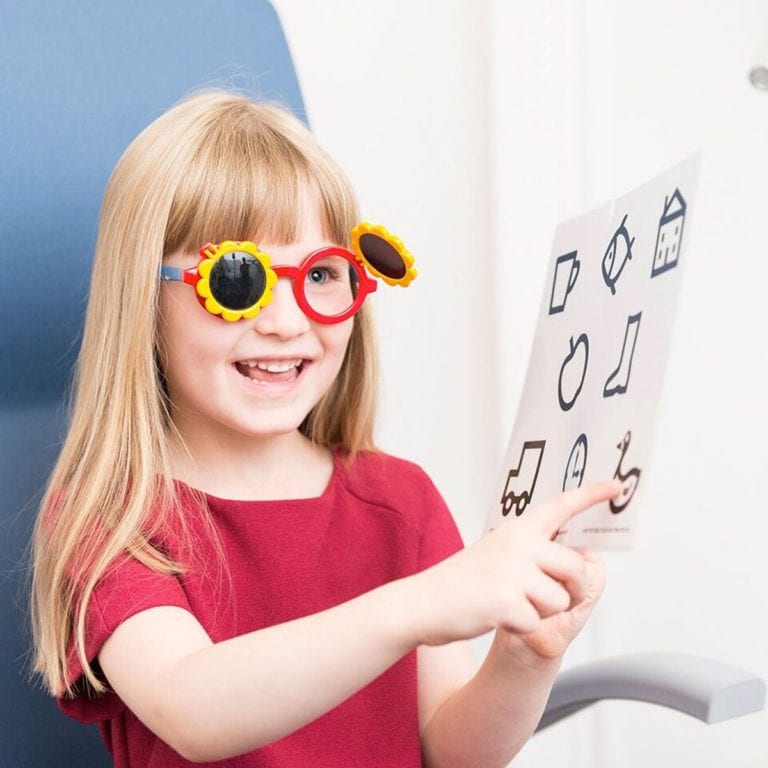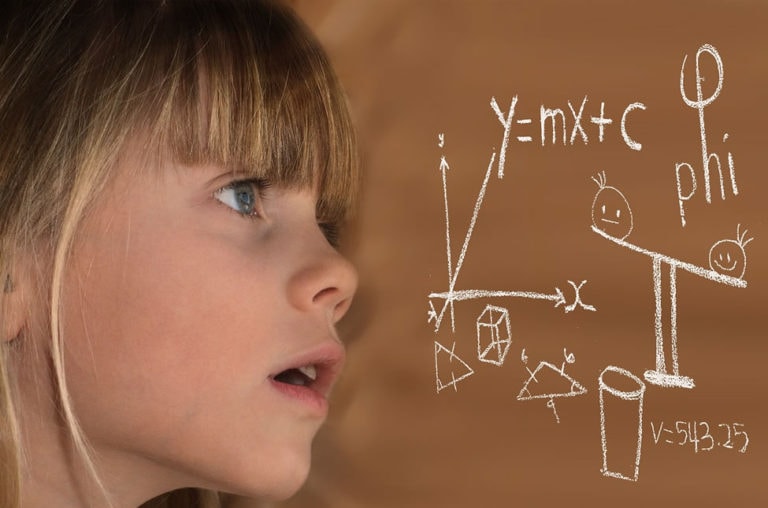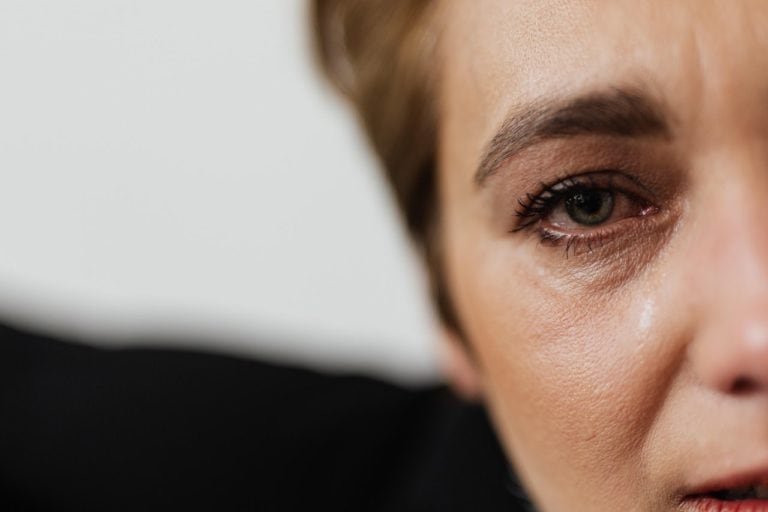Vision therapy entails a set program tailored to each individual child to help them develop efficient and automatic vision skills, enabling them to perform to their truest potential. Our behavioural optometrists and vision therapists combine their knowledge of the child’s functional and perceptual skills based on optometric and learning assessments to target the specific skills that need work, case by case. Vision therapy is dependent on the 45 minute in-office sessions being undertaken with commitment and understanding. It is also reliant on the skills taught in sessions being practised dutifully at home. For this to occur, the parents must take on the role of the vision therapist at home. The parent must become the therapist.
From Parent to Therapist: A Journey
We like to encourage the parents of our patients to sit in on each session. Not only to observe, but to participate. When they can see exactly what their child is struggling with, they are more readily able to understand what is going on in terms of their child’s visual issues. It is often a very ‘eye opening’ experience for the parent to complete an activity alongside their child and hear first-hand that some of the things that the child is looking at are disappearing entirely or look completely different to how the parent sees them. Every parent wants their child to succeed, and when they are able to see exactly why it is so hard for their child to simply read a sentence without losing their place, we often find that there is an ‘ah-ha’ moment. This moment is the key to success with vision therapy. After all, if you have no awareness of the fact that there is something that needs changing, how on earth can you be expected to change it?
Each week, two or three short activities will be sent home to work on. The parent is most often required to supervise these and ensure that they are done correctly. However, it is not enough to just watch. The parent must continually challenge the child, asking them questions that will stimulate them to assess their achievements. It is not beneficial to simply tell the child they are doing something wrong. If they are to correct their action, then they need to know how they could do it better and why this would be a good idea. Asking how they are doing is so much better than judging on a right or wrong basis. The parent must encourage and emphasise mastery of tasks rather than success, effort rather than outcome, experience rather than achievement, and enjoyment rather than having something to prove.
When the parent learns to guide the child to their own achievement, then they have truly become the therapist. They have enabled the child to rediscover and redirect their visual responses in such a way that they are aware of what they have accomplished. This means that the child is able to come back each week and explain to the vision therapist exactly how they went at home, giving them a sense of control of the process of vision therapy. They are able to feel like an active participant and understand there will always be support, whether at home or in vision therapy, inspiring confidence in their abilities. The parent and child are able to grow together, making the process of vision therapy not only beneficial, but also an enjoyable experience.







